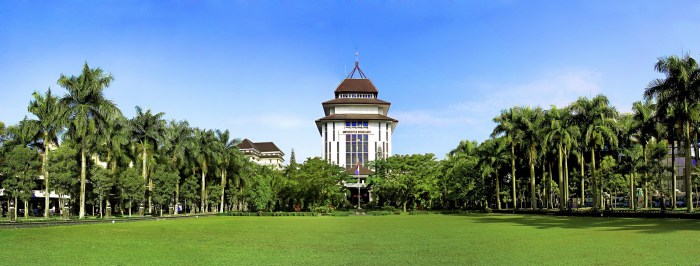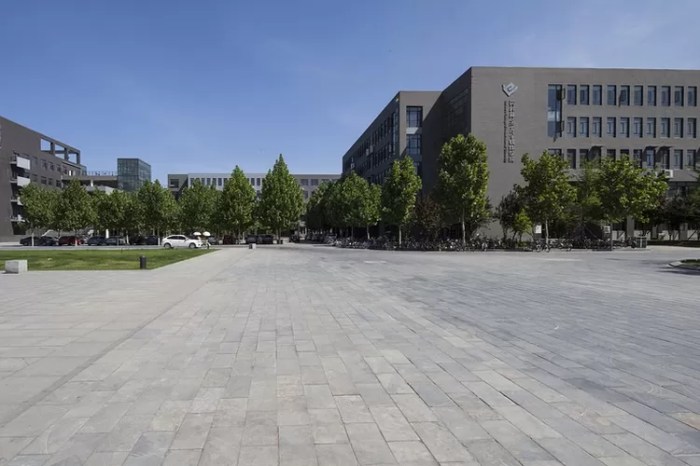Siapa yang tidak suka merasakan kesejukan AC di tengah teriknya matahari? AC, atau Air Conditioner, menjadi kebutuhan penting di berbagai negara, termasuk Indonesia. Tapi, bagaimana jika Anda ingin berdiskusi tentang AC dengan orang asing? Tak perlu khawatir, artikel ini akan memandu Anda untuk menguasai cara menggunakan AC dalam bahasa Inggris dengan mudah dan percaya diri.
Dari memahami istilah dasar AC hingga memilih unit yang tepat, memasang, menggunakan, dan memelihara AC, semua akan dijelaskan secara rinci. Anda juga akan mempelajari tentang dampak lingkungan, keamanan, dan teknologi terbaru AC. Yuk, simak selengkapnya!
AC and Environmental Impact
Air conditioning (AC) has become an indispensable part of modern life, especially in hot climates. However, its widespread use comes at a cost to the environment. The refrigerants used in AC units are potent greenhouse gases, contributing to climate change. In addition, the energy consumption of AC systems places a strain on power grids, often leading to increased reliance on fossil fuels.
Reducing the Environmental Impact of AC
While ACs provide comfort and relief from heat, it is essential to be mindful of their environmental impact. Fortunately, there are several steps you can take to minimize the environmental footprint of your AC use.
- Choose Energy-Efficient Units: Look for AC units with high Energy Star ratings, indicating their energy efficiency. These units consume less energy, reducing your carbon footprint and energy bills.
- Regular Maintenance: Ensure your AC unit is properly maintained. Dirty filters and clogged coils can reduce efficiency, leading to higher energy consumption. Regularly cleaning and servicing your unit can significantly improve its performance and energy efficiency.
- Proper Installation: The way your AC unit is installed can impact its efficiency. Proper installation ensures optimal airflow and reduces energy waste.
- Utilize Natural Cooling Methods: Before turning on your AC, consider using natural cooling methods like opening windows for cross ventilation, using fans, and planting trees for shade. These strategies can help keep your home cool without relying heavily on AC.
- Smart Thermostats: Invest in a smart thermostat that can automatically adjust the temperature based on your schedule and preferences. This helps optimize energy consumption and reduce unnecessary AC use.
Environmentally Friendly Cooling Alternatives
While AC remains a popular choice for cooling, there are alternative cooling solutions that are more environmentally friendly. These options can provide a comfortable indoor environment without contributing significantly to climate change.
- Evaporative Coolers: Evaporative coolers, also known as swamp coolers, use water evaporation to cool the air. They are energy-efficient and do not use harmful refrigerants. However, they are most effective in dry climates.
- Ceiling Fans: Ceiling fans can create a cooling breeze, making a room feel cooler even without AC. They are energy-efficient and a cost-effective way to stay comfortable.
- Green Roofs: Green roofs are covered with vegetation, which helps to insulate buildings and reduce the heat island effect. They can significantly lower the temperature inside a building, reducing the need for AC.
- Passive Design: Incorporating passive design features into buildings can minimize the need for AC. These features include proper insulation, shading, and natural ventilation, which help to keep buildings cool without relying on mechanical systems.
AC Safety: Cara Menggunakan Ac Dalam Bahasa Inggris
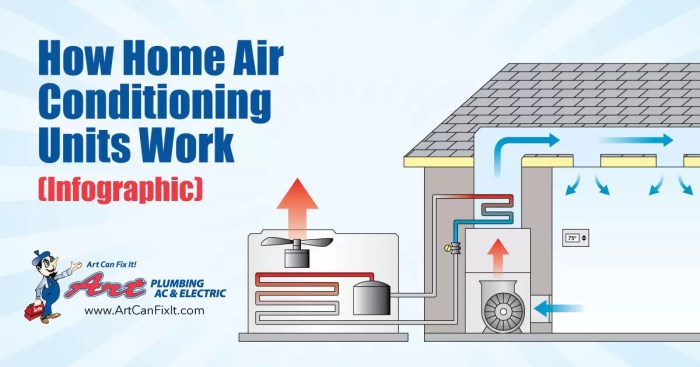
Using an air conditioner can be a great way to stay cool during the hot summer months. However, it’s important to use your AC safely to prevent accidents and ensure your well-being. Improper AC usage can lead to various safety hazards, including electric shocks, fire hazards, and health issues.
Safety Tips for Using Your AC
Here are some tips to help you use your AC safely:
- Regular Maintenance: Schedule regular AC maintenance by a qualified technician to ensure your unit is operating efficiently and safely. This includes cleaning filters, checking refrigerant levels, and inspecting electrical connections.
- Proper Ventilation: Ensure adequate ventilation in the room where your AC is installed. This prevents buildup of humidity and reduces the risk of mold growth.
- Avoid Overloading: Don’t overload your electrical circuits by plugging too many appliances into the same outlet. This can lead to overheating and potential fire hazards.
- Keep AC Unit Clean: Regularly clean the AC unit’s exterior and remove any debris or obstructions that can hinder airflow and cause overheating.
- Use a Timer: Set a timer to automatically turn off your AC when you’re away from home, conserving energy and preventing unnecessary operation.
- Unplug When Not in Use: Unplug your AC unit when not in use, especially during extended periods of absence, to minimize the risk of electrical hazards.
- Inspect Wiring: Regularly inspect the AC unit’s wiring for any signs of damage or wear. Replace damaged wiring immediately to prevent electrical shocks.
Addressing AC Safety Concerns, Cara menggunakan ac dalam bahasa inggris
If you encounter any safety concerns related to your AC, it’s crucial to take immediate action:
- Electrical Problems: If you notice any electrical issues like sparks, flickering lights, or a burning smell, immediately disconnect the AC unit from the power source and contact a qualified electrician.
- Water Leaks: If you discover water leaks from your AC unit, check the drainage system for clogs and ensure proper drainage. If the issue persists, call a technician for assistance.
- Strange Noises: If your AC unit starts making unusual noises, such as grinding, rattling, or humming, it’s a sign of a potential problem. Contact a technician for diagnosis and repair.
- Overheating: If your AC unit overheats, it could be due to a blockage in the airflow or a malfunctioning component. Turn off the unit and contact a technician for inspection and repair.
AC in Different Climates
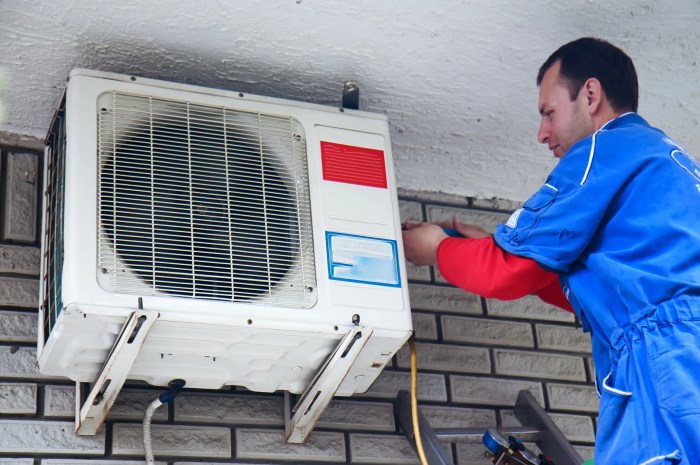
Air conditioners (ACs) are essential for maintaining comfortable indoor temperatures, especially during hot weather. However, the ideal type of AC and its usage can vary significantly depending on the climate you live in. This is because different climates have different temperature ranges, humidity levels, and seasonal variations. Choosing the right AC for your climate is crucial for maximizing energy efficiency, ensuring comfort, and minimizing environmental impact.
AC for Tropical Climates
Tropical climates are characterized by high temperatures and humidity year-round. In these regions, ACs are essential for maintaining a comfortable living environment.
- High-efficiency ACs: Tropical climates often experience high temperatures and humidity, making it important to choose an AC with a high SEER (Seasonal Energy Efficiency Ratio) rating. This ensures efficient cooling and minimizes energy consumption.
- Dehumidifiers: The high humidity in tropical climates can make the air feel even hotter and more uncomfortable. ACs with built-in dehumidifiers can help remove excess moisture from the air, improving comfort and reducing the risk of mold growth.
- Variable-speed ACs: These ACs can adjust their cooling capacity based on the actual temperature and humidity levels, providing more precise temperature control and energy savings.
AC for Temperate Climates
Temperate climates experience a wider range of temperatures throughout the year, with distinct seasons. In these regions, ACs are typically used during the summer months.
- Split-system ACs: These ACs are a popular choice for temperate climates because they offer flexibility in placement and can be installed in various locations, including windows, walls, and ceilings.
- Heat pumps: Heat pumps can provide both heating and cooling, making them an energy-efficient option for temperate climates where temperatures fluctuate significantly throughout the year.
- Window ACs: These ACs are a budget-friendly option for smaller spaces and can be easily installed and removed as needed.
Choosing the Right AC
Choosing the right AC for your climate is essential for maximizing comfort and energy efficiency. Consider the following factors when making your decision:
- Climate: The average temperature and humidity levels in your region will influence the type of AC you need.
- Size of your home: The size of your home will determine the cooling capacity of the AC you need.
- Budget: ACs come in a wide range of prices, so it’s important to set a budget before you start shopping.
- Energy efficiency: Look for ACs with a high SEER rating to minimize energy consumption and save money on your utility bills.
Penutupan
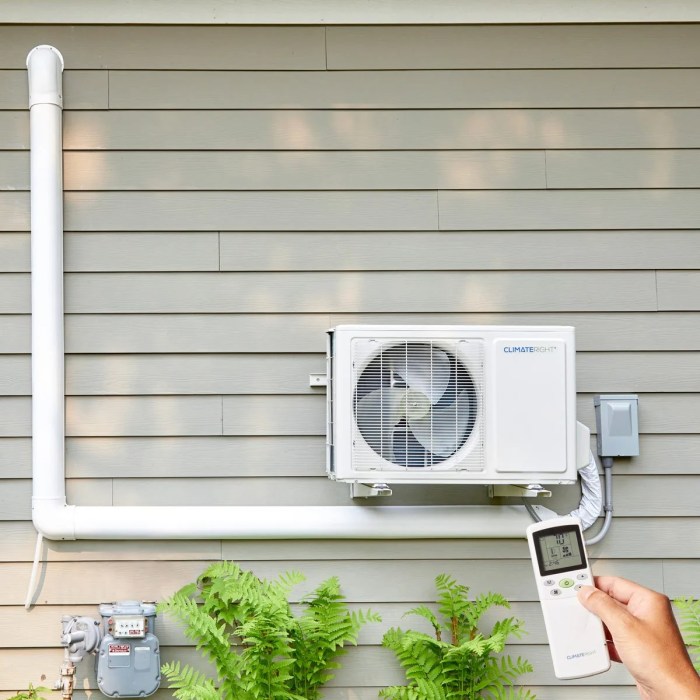
Menguasai cara menggunakan AC dalam bahasa Inggris akan memudahkan Anda dalam berkomunikasi dengan teknisi, teman, atau keluarga yang berasal dari negara berbahasa Inggris. Dengan pemahaman yang lebih baik, Anda dapat menikmati kesejukan AC sambil meningkatkan kemampuan berbahasa Inggris Anda. Jadi, jangan ragu untuk mencoba menggunakan bahasa Inggris saat berdiskusi tentang AC, dan jangan lupa untuk selalu mengecek dan merawat AC Anda agar tetap berfungsi dengan baik!


